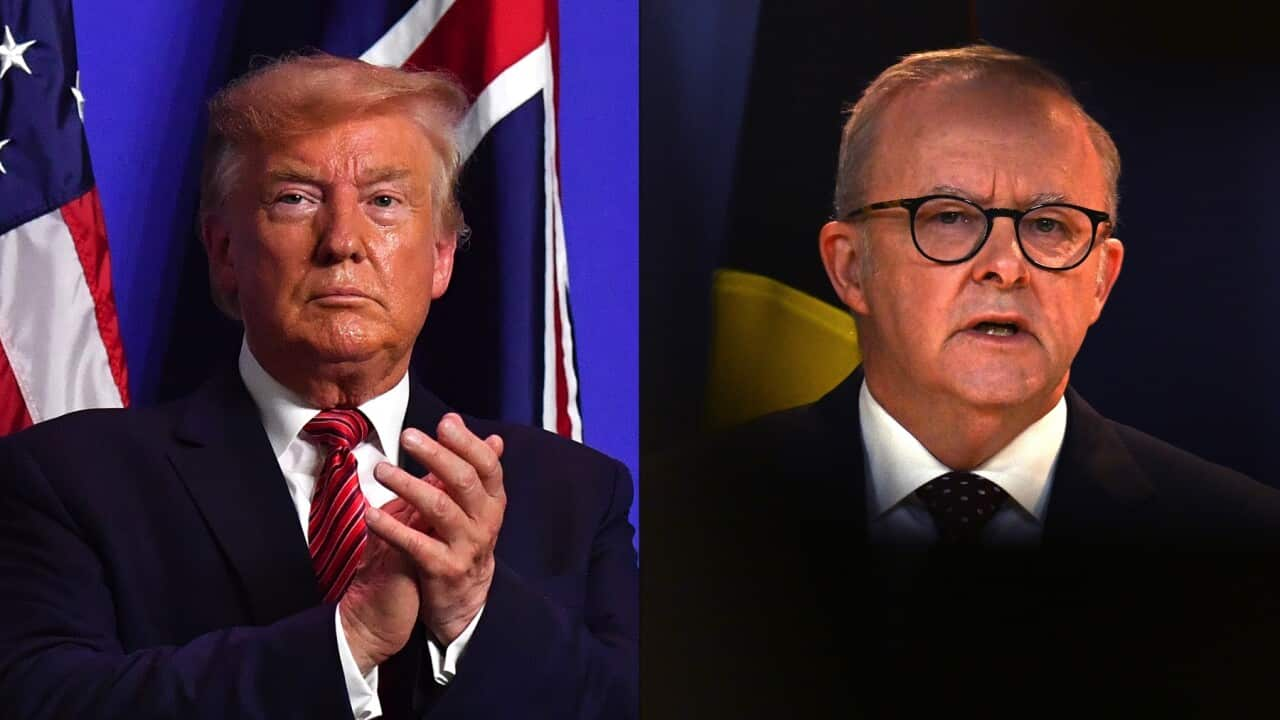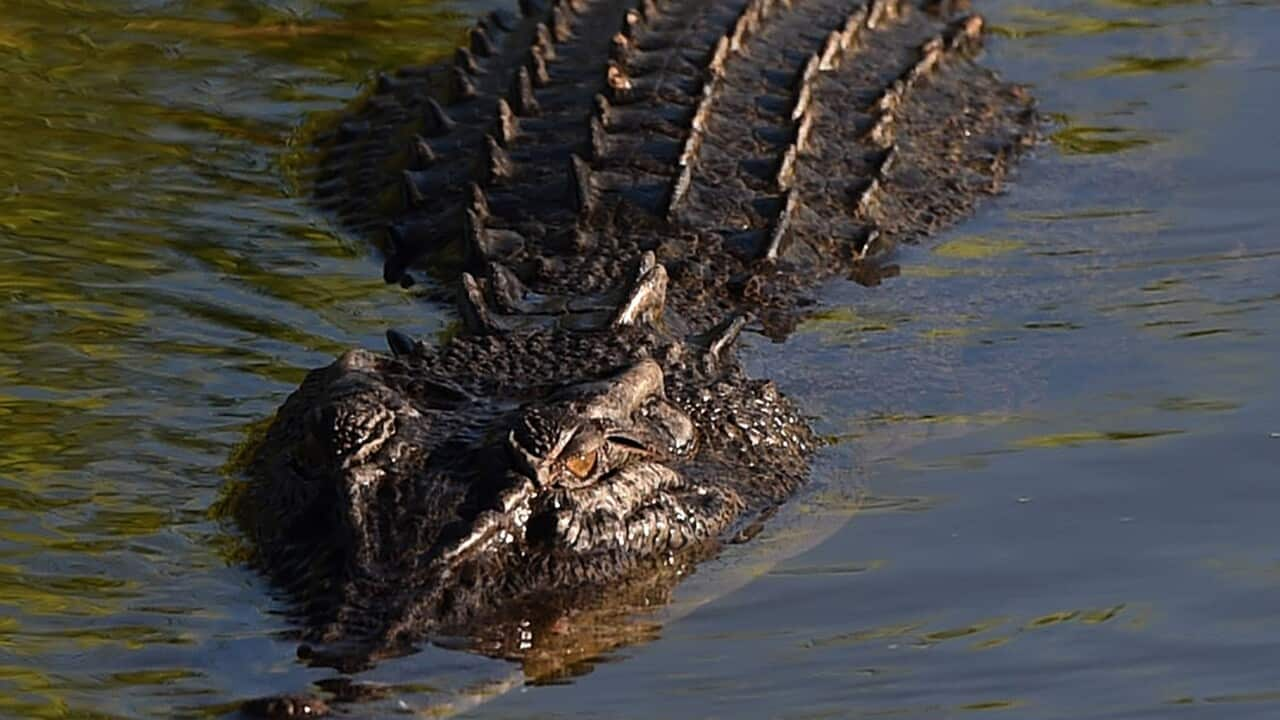TRANSCRIPT
A community coming together through culture and art.
The Australian South Sea Islander people have marked 30 years since the Australian government recognised them as a distinct cultural group in 1994.
Now, the community has come together for an event commemorating the anniversary .
Chair of the Australian South Sea Islander Port Jackson organisation Emelda Davis says it's a celebration.
“Sugar Fest, oceanic culture, history, and music was an initiative that was born in collaboration with the city of Sydney back in 2019 and baby steps we've been building and I guess moving into national organisations or institutions such as the Botanical Gardens to help, I guess share the culture because it is a shared history and bringing our descendants together, but also re-connection with our First Nations and Pacific Island families and broader communities.”
South Sea Islanders are the descendants of Pacific Islanders who were kidnapped and forced to work in the sugar cane industry in Australia, a practice known as blackbirding.
Ms Davis says the anniversary is always deeply personal for her.
“My birthright was stolen. My grandfather, my mother's father was 12 years old. I don't know my extended family in Vanuatu. So imagine that having your family stolen and your birthright taken away. So therefore, in educating and working with the community, you'll see things like the Yumi Olgeta project, which is a quilt that helps to bring people together. And we are weaving or embroidering and telling the stories, and we're taking it to different institutions and I guess community centres to give everyone a sense of belonging.”
That quilt was made by Australian artist Helen Fraser, who joined an international quilt project in 2017, leading her to research Australia's slave trade history.
The initiative is called Yumi Olgeta, which means 'you and me all together', and marks a collaboration with Vanuatu and the broader Australian community.
Ms Fraser explains the meaning of the detail woven into the quilt.
“We've got the conch shell was the first motif that was selected by the tweed head elders. And in collaboration with the South Sea Island community in general, they picked the conch shell because it actually represents blowing into the Pacific Islands to bring the community together. And then around that we've got trade routes, which are the stitches that come out of the shell. So that's one of the motifs.”
Vonda Malone, a member of the Queensland Government Truth-Telling and Healing Inquiry, was also in attendance for the event.
The inquiry started in August in Brisbane and are part of the state government's Path to Treaty Act, which passed parliament with bipartisan support in 2023, and are set to run for three years.
She says it's important to address Australia's history, even if it's difficult.
“Through the discussions we've had so far and the engagements with our community members, this history has come to the surface. And because I've already started my own journey with my family, it actually reassures me that this needs to come forward. That history needs to be part of Queensland's history in particular because where I'm situated with the inquiry and for others for the next generations to be known.”
The celebration comes after King Charles has told a summit of Commonwealth countries in Samoa that the past cannot be changed in relation to the trans-Atlantic slave trade.
However the King fell short of mentioning financial reparations which some leaders at the event have been pushing for.
Ms Malone says that's disappointing.
“It is the starting of a conversation. I understand that we are all coming into terms with truth telling, particularly in Queensland and other parts of Victoria. So it is, at first it's pointing, but it is the truth and it needs to be led by Indigenous people, First Nations people, in order to engage and do that respectfully.”
But despite the past - Australian South Sea Islanders persist in their efforts for change and celebrate how far they've come.













